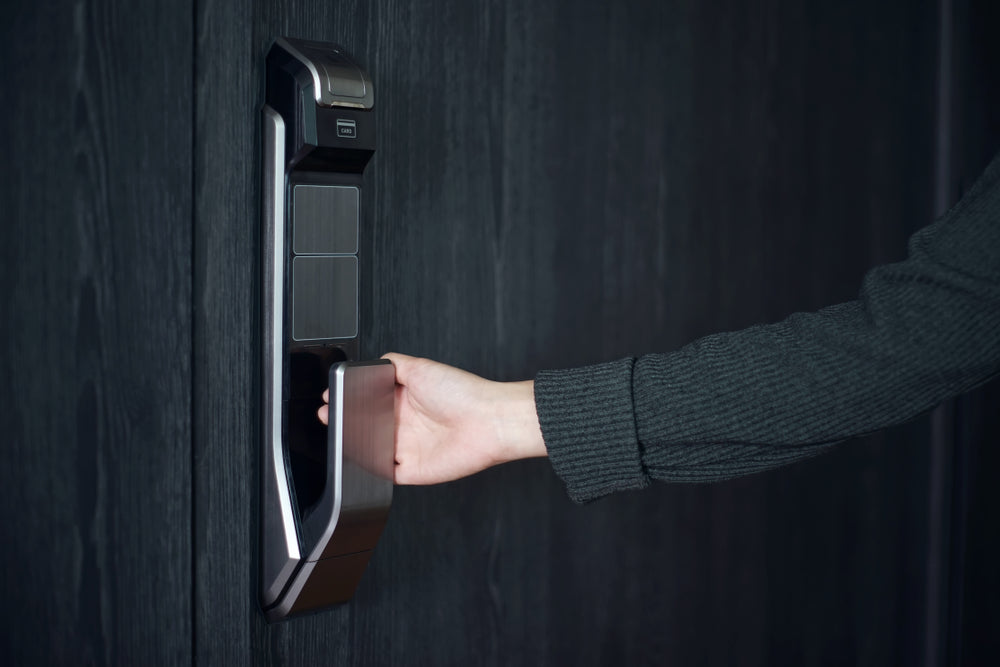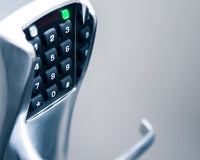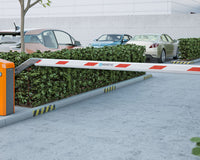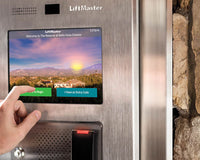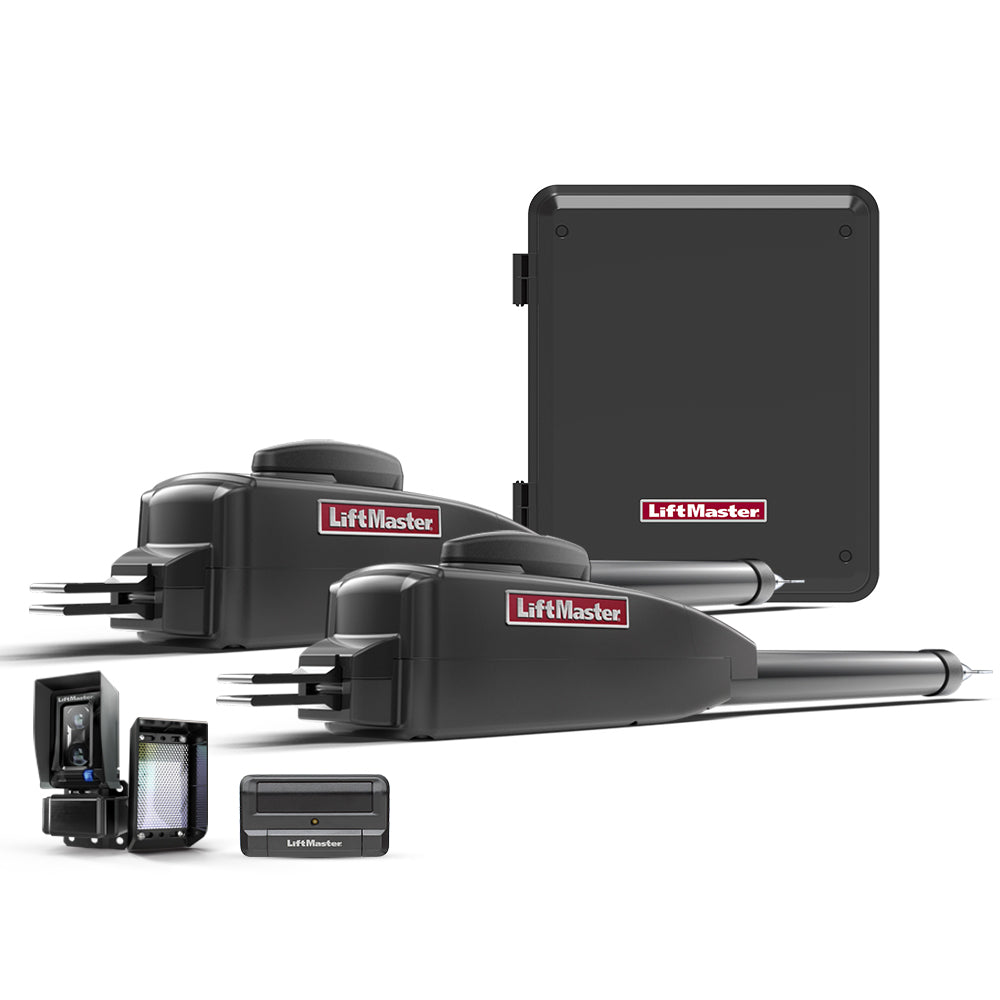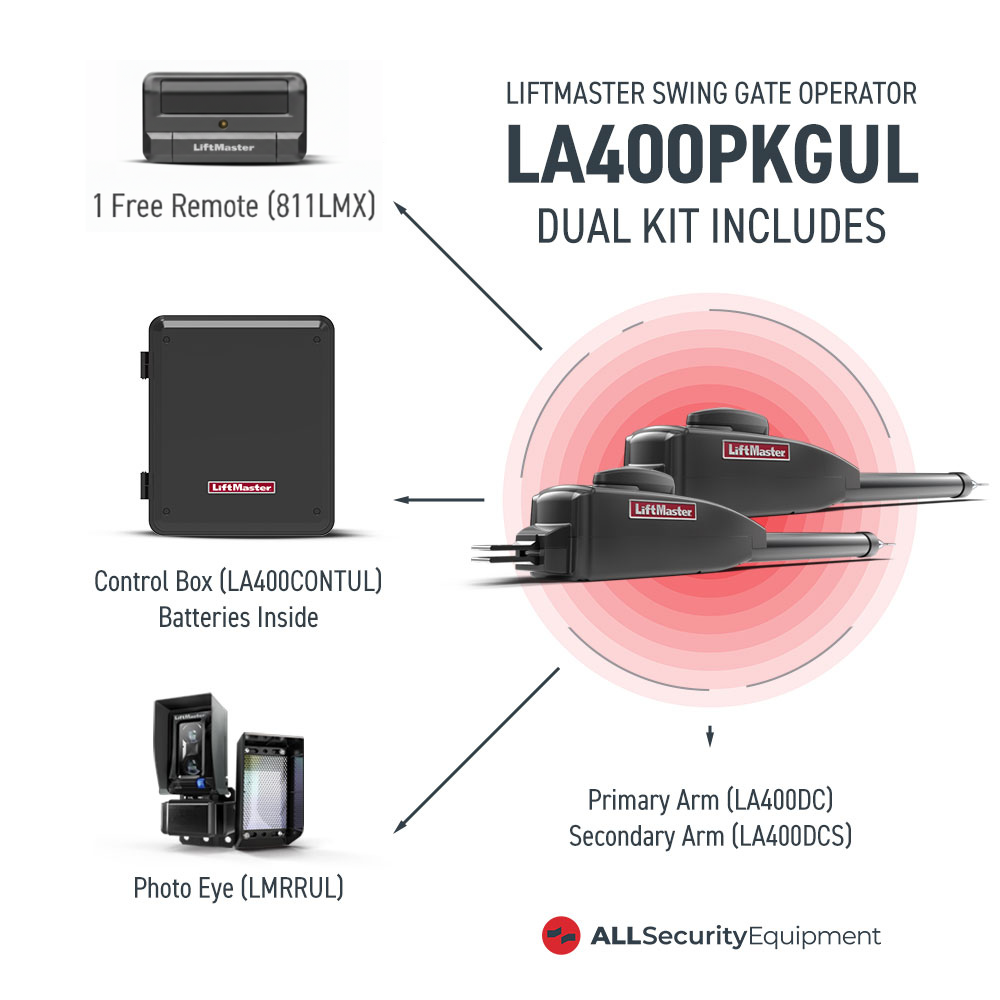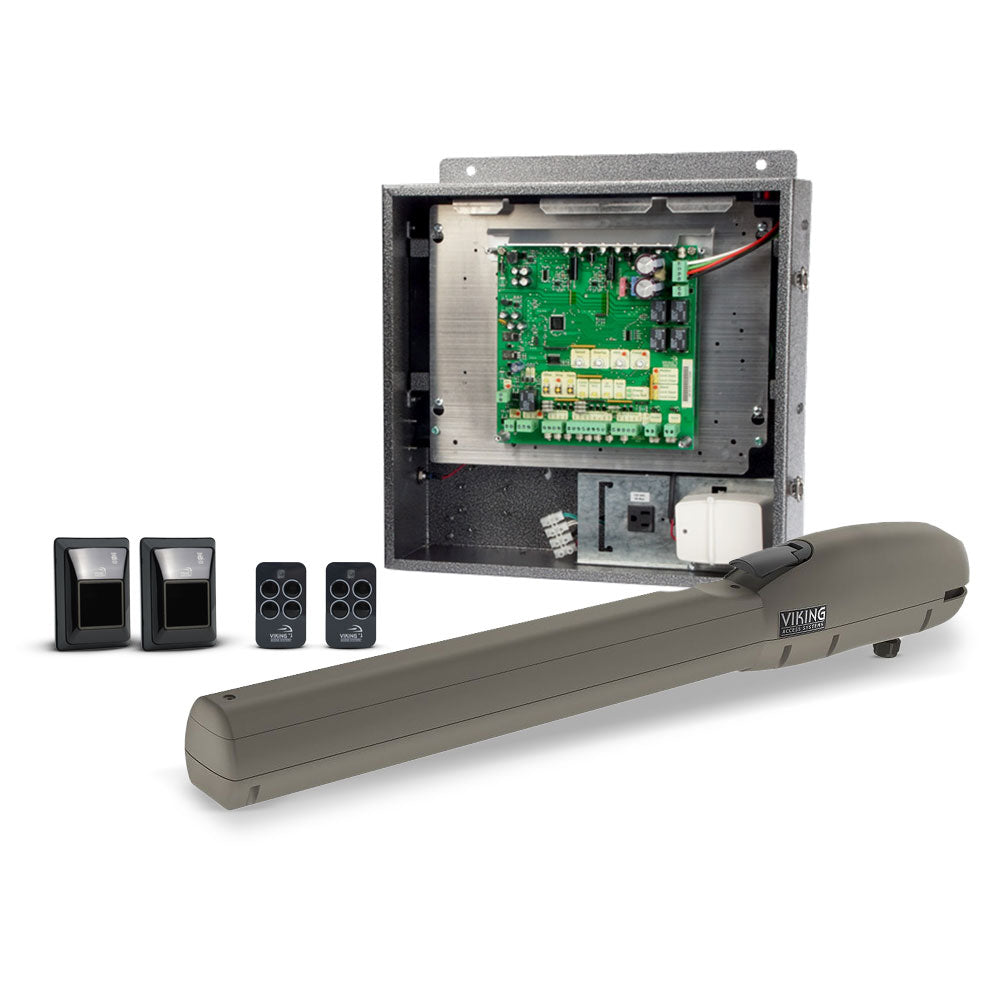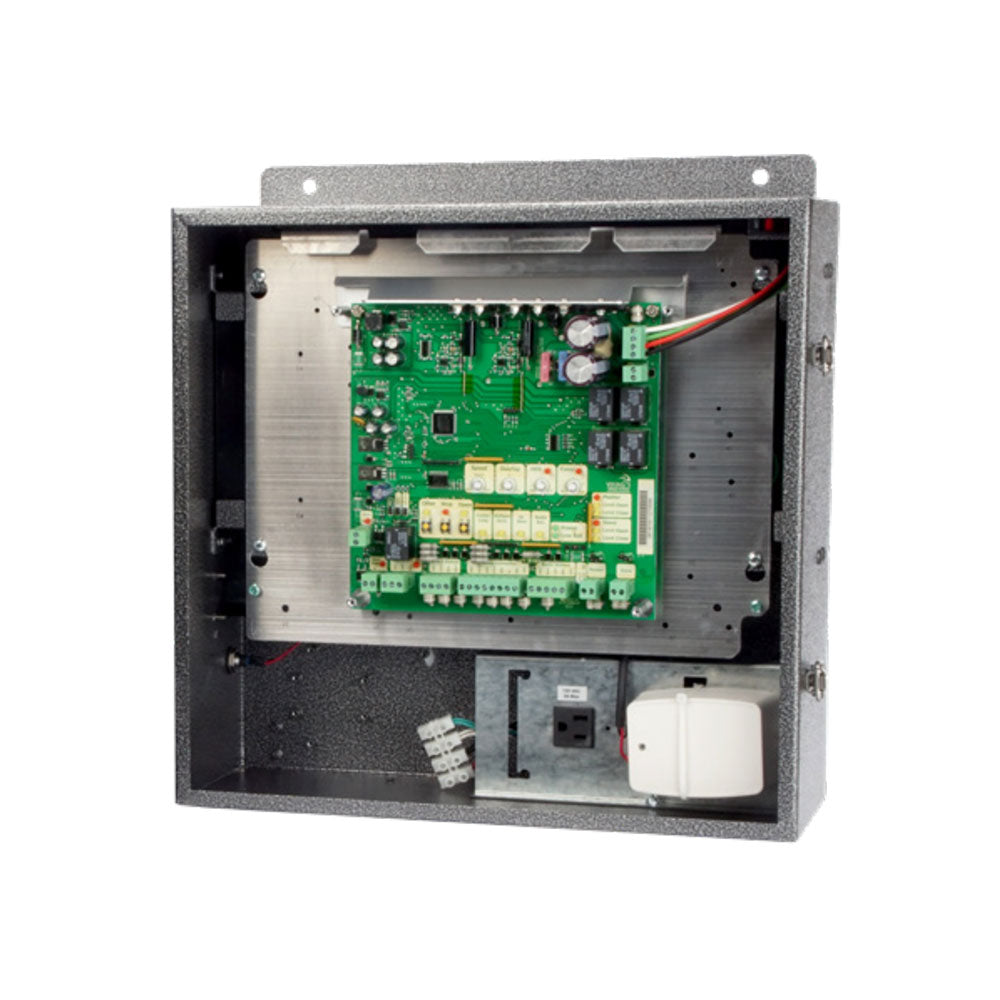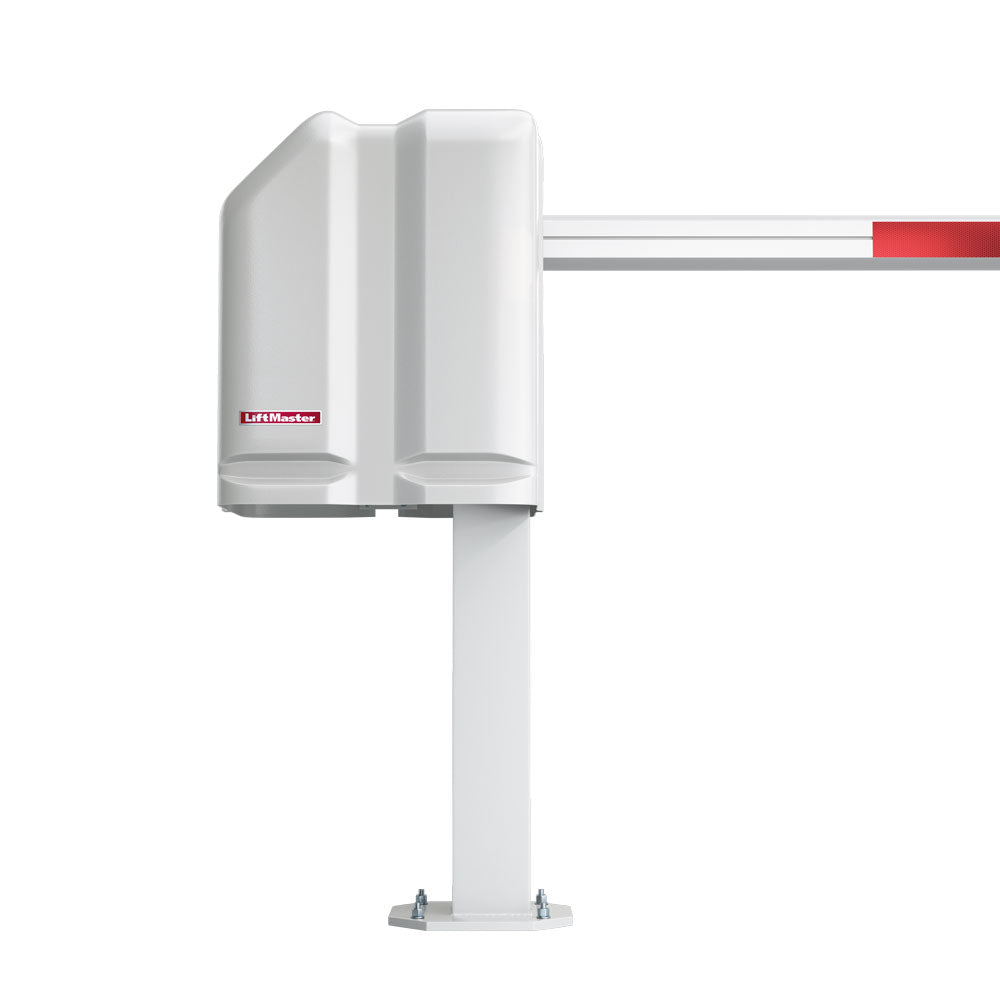Keep Your Locks Loyal for Longer
Door locks are an often ignored main piece of our security infrastructure, providing a crucial first step of defense for homes, rental properties, and commercial buildings alike. A robust and well-functioning lock system offers peace of mind, deterring unauthorized access and safeguarding valuable assets. From simple residential deadbolts to the more sophisticated access control systems, the fundamental principle remains the same: reliable security hinges on the integrity and operational readiness of these devices. Understanding this importance is the first step towards ensuring their longevity and effectiveness.

Neglecting the maintenance of door locks, however, can lead to a cascade of problems affecting both security and operational efficiency. Imagine a homeowner struggling with a sticky deadbolt in an emergency, a property manager facing tenant lockouts due to rusted mechanisms, or a security manager dealing with the vulnerability of a malfunctioning electronic lock system. These scenarios highlight the tangible risks of poorly maintained locks, ranging from compromised safety and inconvenience to potential security breaches and financial losses.
Regular upkeep, then, is not just about extending the lifespan of your hardware; it's about preserving the security and functionality they are designed to provide.
Today, on the All Security Equipment blog, we aim to share ten expert tips that will empower homeowners, property managers, and security managers alike to elevate their door lock maintenance practices to a professional level, and keep their door locks in optimal condition. By implementing these proven techniques, you can ensure the continued reliability, security, and longevity of your door hardware, just like a seasoned security professional.
Ten Steps to Lock Maintenance
Tip 1: The Foundation - Ensure Proper Door Alignment

A door that sags, binds, or isn't hung correctly places undue stress on the lock mechanism. This misalignment can prevent the latch or bolt from engaging smoothly, leading to premature wear and potential failure. For homeowners, a sticking door might just be an annoyance, but for property managers, it can mean constant repair calls. Security managers understand that a stressed lock is a weakened lock. Regularly inspect the gap between the door and frame; it should be uniform on all sides. If you notice inconsistencies, address the door's alignment before it compromises your locks.
Tip 2: Regular Cleaning is Key to Smooth Operation
Just like any mechanical device, door locks accumulate dust, dirt, and grime over time, both internally and externally. This buildup can impede the movement of internal components, causing stiffness and difficulty in operation. Homeowners might experience a key that’s hard to turn, while property managers could face tenant complaints about faulty locks. Security managers know that a jammed lock is a security vulnerability. Gently clean the exterior of your locks with a soft, damp cloth. For internal mechanisms, consider using compressed air to dislodge dust from the keyway.
Imagine a rental property door that has sagged over time. This puts pressure on the deadbolt. Combined with a lack of cleaning, the internal pins become sticky with dust, making it difficult for tenants to lock securely. Conversely, a homeowner who ensures their door is properly aligned and regularly cleans their locks will experience smooth, reliable operation for years.
Tip 3: Strategic Lubrication - Keeping Things Moving
Lubrication is crucial for the longevity and smooth functioning of your door locks. Friction between internal components wears them down over time. For homeowners, this might manifest as a key that grinds or a bolt that doesn't extend fully. Property managers could see increased lock replacement costs due to preventable wear. Security managers rely on locks that function flawlessly in all conditions. Annually apply a small amount of graphite powder or a silicone-based lubricant specifically designed for locks into the keyway and other moving parts. Avoid oil-based lubricants as they can attract more dust and eventually gum up the mechanism.

Tip 4: Gentle Key Handling - Preventing Damage from the Source
The key is an integral part of the lock system, and its condition directly impacts the lock's performance. Forcing a key that doesn't turn easily, using it to push the door closed, or yanking it out roughly can bend or break the key, and even damage the internal components of the lock. Homeowners might find themselves with a broken key stuck in the lock, while property managers could deal with tenant-caused lock damage. Security managers understand that a compromised key can also be a security risk. Always insert and turn your key smoothly and avoid putting undue pressure on it. If a key shows signs of wear or bending, get a new one cut from an original.

A busy property manager might neglect lubricating the locks in a high-traffic apartment. Tenants, in turn, might force their slightly bent keys into the stiff locks. This combination could lead to premature lock failure and the inconvenience of emergency repairs. Conversely, a user or owner who regularly lubricates their locks and educates other users on proper key handling will enjoy smooth, reliable lock operation and avoid costly repairs.
Tip 5: Inspecting for Wear and Tear - Early Detection is Key
Regularly examine the visible parts of your door locks for signs of wear and tear. This includes loose screws, rust, corrosion, or any physical damage to the cylinder, bolt, or latch. For homeowners, noticing these issues early can prevent a complete lock failure at an inconvenient time. Property managers can proactively address potential problems during routine inspections, avoiding tenant lockouts. Security managers know that a visibly damaged lock is an invitation for tampering. Address any signs of wear immediately by tightening screws or replacing damaged parts.
Tip 6: Upgrading for Enhanced Security - A Proactive Approach
For homeowners and property managers looking to enhance security, and for security managers aiming for the highest level of protection, consider upgrading to high-security locks. These locks often feature hardened steel components, anti-pick and anti-drill mechanisms, and restricted keyways. While standard locks provide a basic level of security, high-security options offer a significant deterrent against sophisticated intrusion attempts. This is a proactive maintenance step focused on long-term security and peace of mind.

For reliable and high-quality door lock solutions, consider exploring products from trusted brands like GateMaster and Easilok. These manufacturers offer a wide range of durable and secure locks suitable for various needs, from residential to commercial applications.
Tip 7: Rekeying or Replacing After Key Compromise - Restoring Security
Whenever there's a possibility of key compromise – whether due to lost or stolen keys, or after moving into a new property – it's crucial to rekey or replace the affected locks. Rekeying involves changing the internal tumblers of the lock so that the old keys no longer work, while replacement involves installing a completely new lock. For homeowners, this prevents unauthorized access by previous occupants or individuals who found lost keys. Property managers should implement this between tenant turnovers. Security managers consider this a fundamental security protocol.
Tip 8: Maintaining Electronic Locks - Power and Software

For properties utilizing electronic or smart locks, maintenance extends beyond mechanical aspects. Regularly check battery levels to ensure uninterrupted operation. For homeowners, a dead battery can mean being locked out. Property managers need to ensure consistent access for tenants. Security managers rely on these systems for controlled entry and need to prevent downtime. Also, keep the lock's firmware and associated software updated to patch security vulnerabilities and ensure optimal performance.
Tip 9: Protecting Against the Elements - Weatherproofing Measures
Exposure to harsh weather conditions can significantly impact the lifespan and functionality of door locks. Rain, snow, and extreme temperatures can cause rust, corrosion, and warping of internal components. For homeowners in areas with severe weather, this is a critical consideration. Property managers need to ensure locks on exterior doors withstand the elements. Security managers need reliable operation in all environmental conditions. Consider using weather-resistant lock finishes and installing canopies or overhangs to protect locks from direct exposure. Regularly inspect exterior locks for any signs of weather-related damage.
Tip 10: Professional Checkups - When Expertise is Needed
While regular DIY maintenance is essential, it's also beneficial to schedule periodic professional checkups with a qualified locksmith. Locksmiths have the expertise to identify potential issues that might not be apparent to the untrained eye and can perform more complex maintenance tasks. For homeowners, this provides an added layer of security assurance. Property managers can benefit from preventative maintenance programs to minimize emergency repairs. Security managers rely on professional locksmiths for installations, repairs, and security assessments. Don't hesitate to call a professional when you encounter stiff locks, unusual noises, or any other concerns you can't easily resolve.
Proactive Protection: ASE and Expert Lock Solutions
Adopting these ten professional-level maintenance tips will significantly enhance the security and lifespan of your door locks, providing peace of mind for homeowners, efficient operations for property managers, and robust protection for security managers. Consistent care, from ensuring proper door alignment to regular lubrication and timely upgrades, is crucial for optimal performance and preventing potential security vulnerabilities.
For more detailed information on specific maintenance procedures or to explore high-quality door lock solutions from trusted brands like Gatemaster and Easilok, we encourage you to reach out to the All Security Equipment customer service team. Our experts are ready to assist you with product inquiries and guidance to ensure you have the best security for your needs. Contact us today to take your door lock maintenance and security to the next level.

